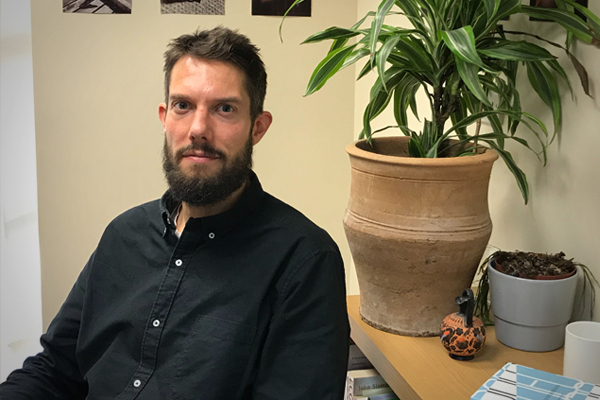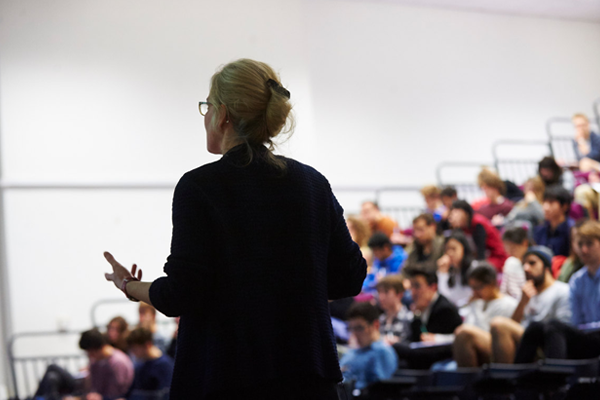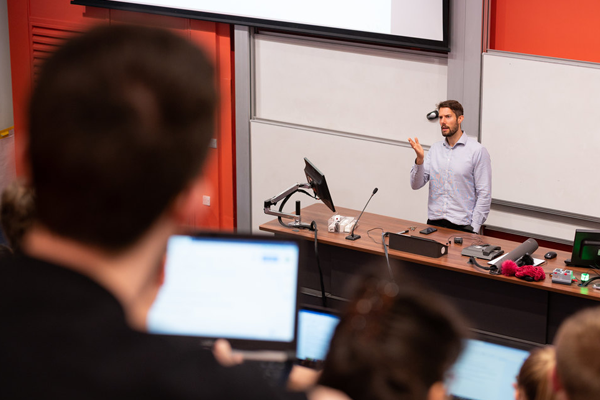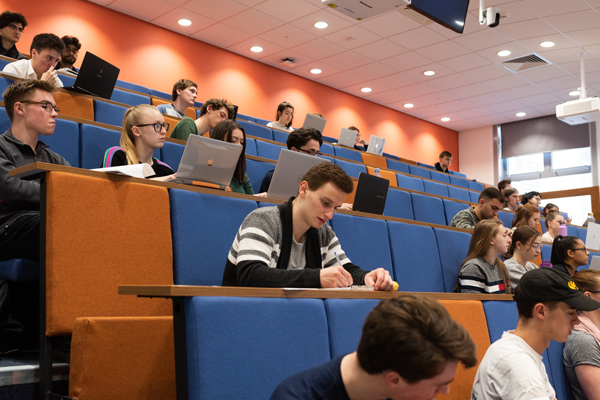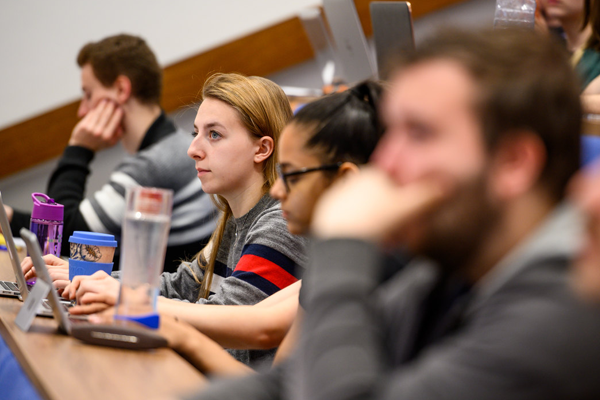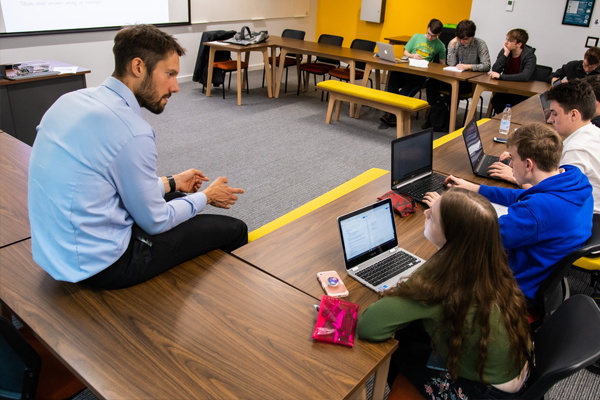Congratulations on getting an offer to study with us! We hope we'll get to meet you soon. In the meantime, we wanted to give you a chance to learn more about our staff.
Dominic Spengler is the programme leader for three of our four courses, and Chair of the Board of Examiners for the whole School. He is also a lecturer in economics.

